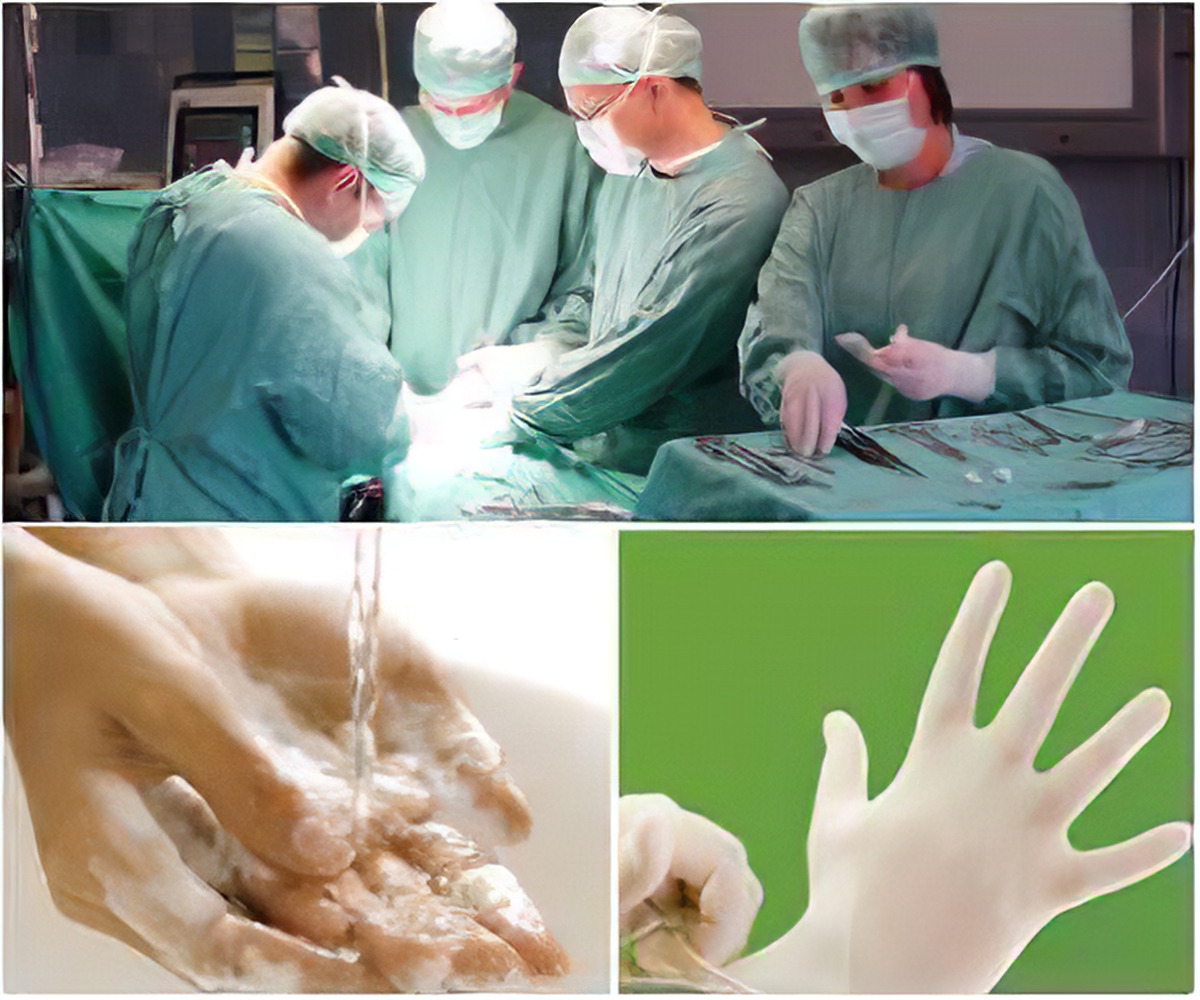Spread of Clostridium Difficile in Hospitals Probably Not by Contact With Infected Patients
As opposed to present convention wherein infection with the organism Clostridium difficile is held as an infection that is acquired by contact with symptomatic patients.

As opposed to present convention wherein infection with the organism Clostridium difficile is held as an infection that is acquired by contact with symptomatic patients. However these patients identified to be infected with C. difficile, may account for merely a minority of new cases of the infection. These findings are important as they indicate that C. difficile infection, which can be fatal especially in older people, may not be effectively controlled by current hospital infection strategies.
In a study led by Professor Tim Peto of the John Radcliffe Hospital in Oxford, UK, and published in this week's PLoS Medicine, almost 30 000 stool samples from nearly 15 000 patients were tested for C. difficile, with 4.4% (n=1282) found to be positive by specialised laboratory tests (enzyme immunoassay and culture). With further tests (genotyping), the researchers identified 69 types of C. difficile and when linking this information to the clinical situation found that the majority of cases of C. difficile infection were not linked to known cases (66%) and only 23% shared the same type of C. difficile as a ward patient known to be infected.
The authors say: "In this endemic setting with well-implemented infection control measures, up to three-quarters of new [C.difficile infections] are not easily explained by conventional assumptions of ward-based transmission from symptomatic patients and so may not be targeted by current interventions."
The authors conclude: "A better understanding of other routes of transmission and reservoirs is needed to determine what other types of control interventions are required to reduce the spread of C. difficile."
However, in an accompanying Perspective article, Stephan Harbarth from the University of Geneva Hospitals and Medical School in Switzerland and Matthew Samore from the University of Utah School of Medicine in Salt Lake City, USA (uninvolved in the research study) note that given the methods used in the study, the research cannot definitively answer some important clinical questions, such as the amount of benefit accrued by blocking transmission from symptomatic C. difficile infection cases and the proportion of the C. difficile infections that are attributed to within-hospital transmission that actually represent already-infected individuals who come into the hospital. Harbarth and Samore say: "The study by Sarah Walker and colleagues cannot provide definitive answers to these questions because it has significant limitations with respect to both issues." These authors recommend that more studies be conducted to fully answer these questions.
Source: Eurekalert